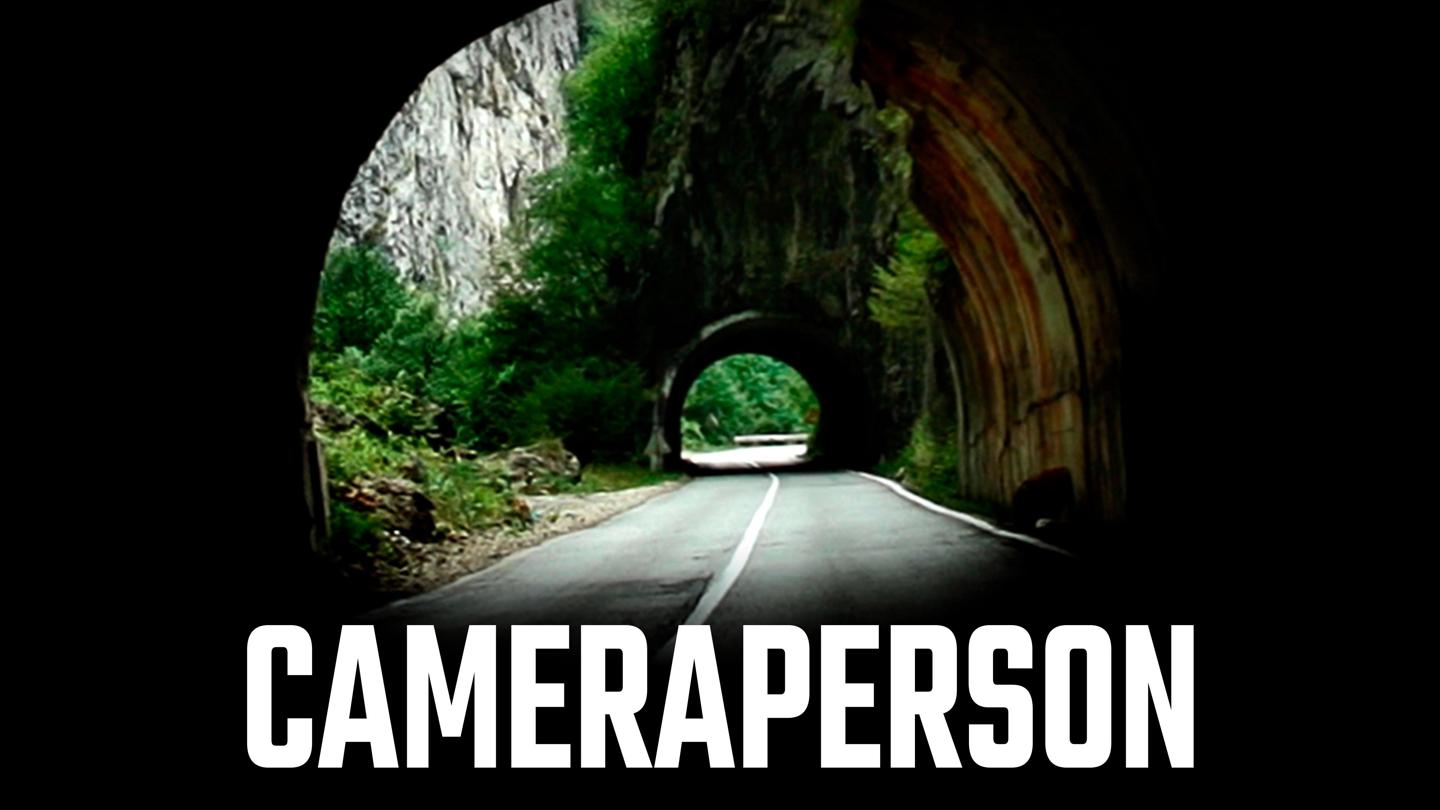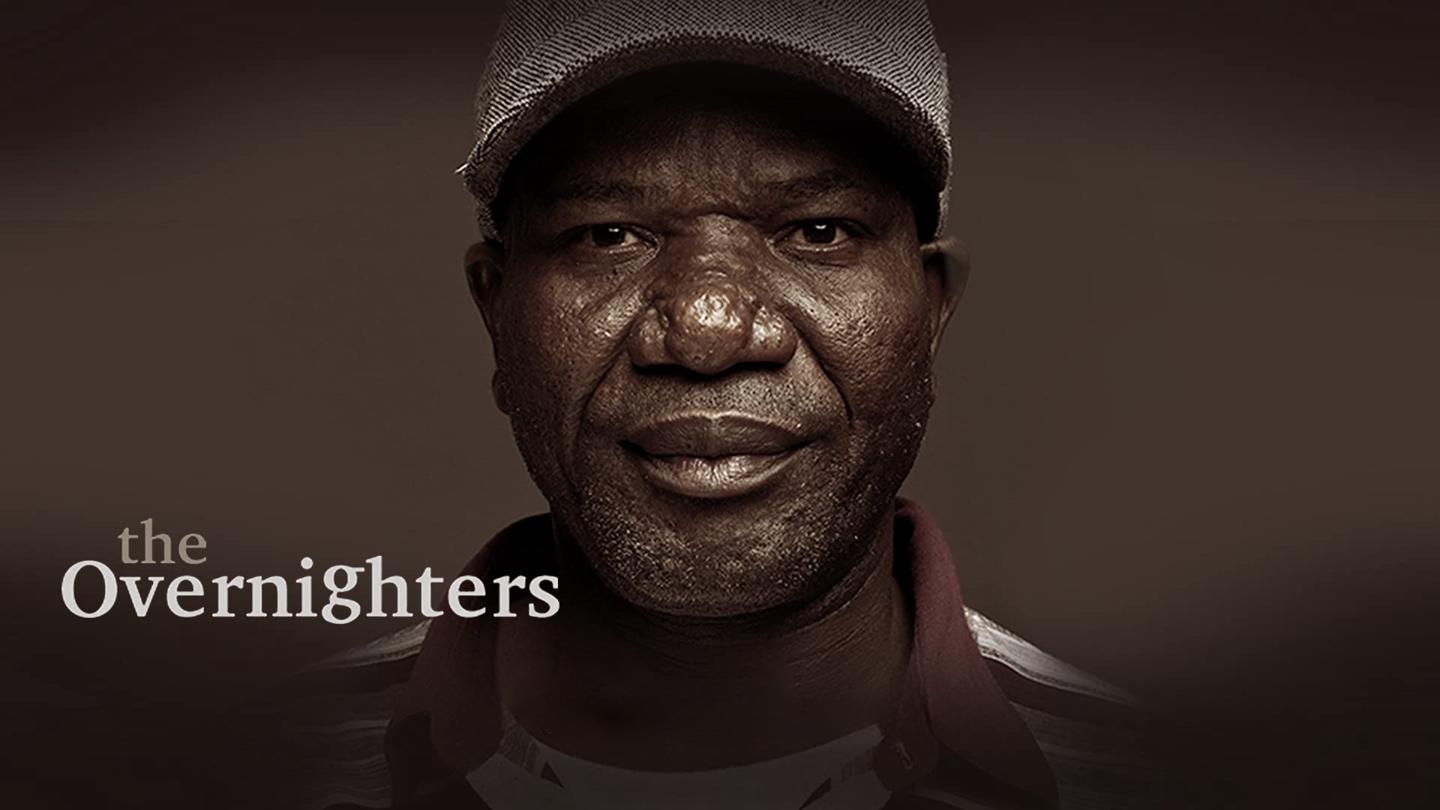Jiro Dreams of Sushi

Quick Info
Jiro Dreams of Sushi is one of those documentaries you watch on a whim, expecting to just get hungry, but end up having much more to chew on than food. The film follows Jiro Ono, an 85-year-old sushi master running a small, ten-seat restaurant tucked away in a Tokyo subway station. Right from the get-go, you feel the monastic calm of his kitchen and the almost mythic discipline he brings to his craft. It’s a documentary that cares about every detail, much like its subject, and that level of precision drew me in instantly.
What stood out most to me was how the film moves at a deliberate, almost meditative pace. There’s a rhythm to the preparation, the slicing, the serving, and the editing matches that. It sometimes feels slow, but then again, so does sushi when it’s being made right. The director, David Gelb, makes every shot count. The glossy, close-up cinematography of the food is downright mouthwatering, but there’s more going on — he lingers on Jiro’s face, the folds and frowns of a man dedicated, maybe even obsessed, with his singular pursuit.
But this isn’t just food porn. It’s about legacy, about the idea that perfection can be both a dream and a curse. Jiro’s eldest son, Yoshikazu, is like a supporting character in his own life, waiting for his turn to take over a legacy that is both inspiring and crushing. This tension gives the documentary an unexpected emotional weight. You feel for Yoshikazu, quietly hopeful but always in his father’s long shadow.
One thing that really resonated with me was how the film doesn’t shy away from showing the darker sides of perfectionism. Jiro talks unapologetically about his own failings as a parent, and his staff train for years without ever being allowed to even cook rice for customers. It’s not always uplifting. At times, it almost feels like a cautionary tale. The subtle interviews with food critics and market vendors flesh out the world of high-end sushi, showing the ripple effects of Jiro’s relentless standards.
If I had to nitpick, there are moments where the film’s devotion to atmosphere means it glosses over a few harsher realities. For example, there’s only the briefest mention of sustainability or the pressure on seafood sources, which in 2011 was already a big topic. I was left wanting a deeper dive into the cultural context and ethical concerns surrounding the industry, but the focus stays strictly on the craft and the man. For some viewers, that narrow vision might feel limiting.
Still, the documentary nails its sense of place and purpose. The soundtrack gives it a gravitas almost like a spiritual quest, with Philip Glass’s minimalist piano score encouraging you to sink into the small, repetitive joys of the kitchen. That said, it can come off a little precious or even self-serious at times. There’s a kind of rarefied air to the whole thing, and you get the sense that most mortals simply aren’t cut out for this world of epicurean devotion. I respect that the film doesn’t try to dumb any of this down.
What I appreciate most though is how universal it ends up feeling, even if you’ve never touched sushi in your life. It’s about family, satisfaction, sacrifice, and the question of when good is ever good enough. Jiro is inspiring, yes, but he’s also intimidating — a reminder that behind every genius is a stack of heartbreaks and missed moments. The film’s honesty about that is what helps it stick for me.
Jiro Dreams of Sushi isn’t perfect, and maybe it doesn’t try to be. But just like the food it lovingly chronicles, it invites you to pay closer attention to the simplest details, and makes you seriously question the cost of chasing flawless work. You’ll want to eat sushi by the end, but you might also walk away thinking about your own pursuits — whatever they are — in a new, quieter light.
The R8 Take
If you like food, family drama, or the slow burn of a life’s obsession, this is worth your time. You’ll crave perfect sushi and maybe question whether perfection is even worth chasing.



